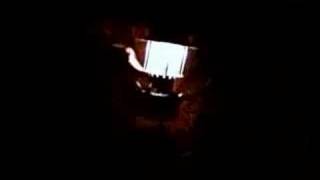Saturday, 17 January, 2026г.
















Где искать: по сайтам Запорожской области, статьи, видео ролики
пример: покупка автомобиля в Запорожье
Cosmos: A Personal Voyage - Democritus and the Atomic Theory
Carl Sagan discusses Democritus, who was one of the first people to have conceived of and put forward an Atomic Theory of nature. His ideas were developed further by Epicurus, and the conceptions they put forward would later inspire Lucretius, who wrote one of the few surviving works of the Atomists, titled 'De rerum natura' or, 'On the Nature of Things'. This work, and the ideas it dealt with, would play an important role over 1500 years later, in the Renaissance and the Enlightenment.
Show: Cosmos: A Personal Voyage
Episode: 7, 'The Backbone of Night'
Synopsis (from Wikipedia): Carl Sagan teaches students in a classroom in his childhood home in Brooklyn, New York, which leads into a history of the different mythologies about stars and the gradual revelation of their true nature. In ancient Greece, some philosophers (Aristarchus of Samos, Thales of Miletus, Anaximander, Theodorus of Samos, Empedocles, Democritus) freely pursue scientific knowledge, while others (Plato, Aristotle, and the Pythagoreans) advocate slavery and epistemic secrecy.
Publication Date: November 9, 1980
Also interesting and related to this subject:
Stephen Greenblatt: The Poem That Dragged Us Out of the Dark Ages
https://www.youtube.com/watch?v=AbMHB20WEJw
Теги:
cosmos a personal voyage carl sagan sagan ionians science materialism ancient greece philosophy scientific method atheism anaxagoras abdera
Похожие видео
Мой аккаунт


 У вашего броузера проблема в совместимости с HTML5
У вашего броузера проблема в совместимости с HTML5![Vangelis - Theme from Cosmos [COSMOS: A PERSONAL VOYAGE, USA - 1980]](/images/mq/4/7c/1aN7rFaQa56Q_7.jpg)


